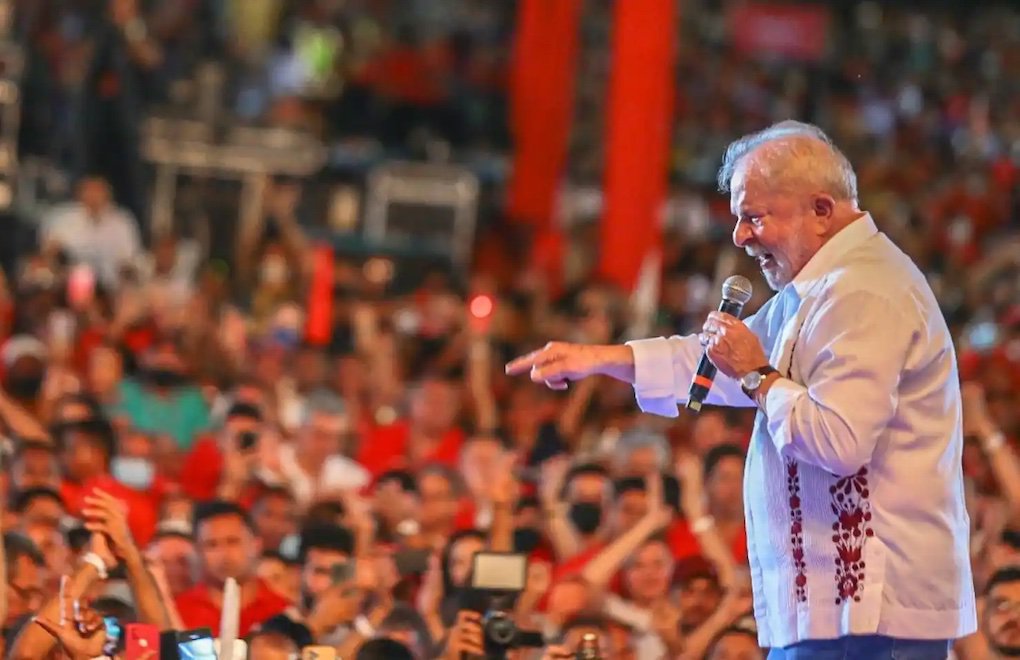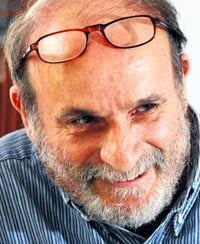2 Good News for Ocalan, 2 Bad News for Kurds
Ocalan's lawyers visits were prohibited for weeks, according to official justification of bad weather conditions.
And the lawyers had good news for the former PKK leader: European Human Rights Court (EHRC) has unanimously decided that the EHRC judges accepted his application against his condemnation "after an unfair trial".
But the smiles on the faces of Ocalan's Kurdish sympathizers were frozen on Thursday when Turkey's Constitutional Court ruled out permanent ban of pro-Kurdish People's Democracy Party (HADEP) as "accomplice of the PKK" whom Ocalan has led for 20 years.
"The Party has become a stronghold against the Turkish state", head Justice Mustafa Bumin told journalists.
Minutes later, in a public statement Sabih Kanadoglu Chief Prosecutor of the Republic announces that he has indicted HADEP's successor DEHAP (Democratic People's Party) for "running in the 2002 elections on falsified documents" and requests permanent ban of the party by the Constitutional Court.
HADEP comprises the last chain in the successively banned Kurdish political parties in the last decade. Having gained the majority popular vote in 1999 general elections in the southeast provinces and districts HADEP mayors still govern 22 mayoralties including Greater Cities in the region. However falling short of 10 percent national election barrier, HADEP remained outside of the parliament with 4.7 percent of national vote.
In 2002 elections HADEP abstained to support DEHAP who proved even better with 6.2 percent of national vote. It is expected that DEHAP might continue hold local power in Kurdish provinces and districts in the forthcoming local elections in 2004.
Albeit the Constitutional Court verdict is justified with links between HADEP and PKK, the latter has already disbanded itself after Ocalan's arrest and regrouped under the name of KADEK (Kurdistan Freedom and Democracy Congress) and has declared a unilateral truce with Turkey. However 5 thousand KADEK forces are reported based in Northern Iraq and Iran. In recent clashes in and around the southeast town of Lice 11 KADEK fighters are reported killed.
Now isolated from his once fighting forces, Abdullah Ocalan, was in 1998 October extradited from his hide out in the Syrian capital of Damascus, from where he led his guerrillas in the 15-year bloody conflict with Ankara for "self-determination" of Turkey's 12 million Kurds who comprise one fifth of Turkey's 65 million population.
Outlawed by most European countries Ocalan's attempts to seek asylum from Russia, Italy, The Netherlands and Greece were refused and the fugitive leader was arrested in his last stop in Kenya in Feb. 1999 after he left the Greek embassy there and brought to Turkey.
Dubbed as "baby killer" by the Turkish media Ocalan was publicly held responsible for the total human losses of the fifteen years of bloody conflict. The guerrilla war and Turkey's brutal response have caused at least 30 thousand deaths, 20 thousand of whom are Kurdish guerrillas, 5 thousand Turkish security forces and 5 thousand civilians, mostly Kurds.
Following a prompt trial in the specially built Court Hall in the Imrali island Ocalan, was sentenced to death by Ankara State Security Court for violating Article 125 of the Turkish Criminal Law for "armed attempt at separating a part of Turkish territory."
The presence of a military judge among the Ankara State Security Court's three judges breaches the Convention's basic principle of "impartial justice" the EHRC ruled on Wednesday as it decided that Turkey has violated the Article 6 .1, "taken together with Article 6.3 (b) and (c), of the European Convention on Human Rights, in that the applicant did not have a fair trial."
Turkish parliament, to prevent a negative EHCR ruling, had during Ocalan trial in 1999 amended the law on State Security Courts and removed the military judges. After the third hearing of the trial the military judge was replaced by a civilian judge. However the EHRC decides that this is not enough to make the trial fair.
The Court also unanimously decided that; Article 5.4 of the Convention was violated . "on account of the lack of a remedy by which the applicant could have the lawfulness of his detention in police custody" and that Article 5.3 was violated "on account of the failure to bring the applicant before a judge promptly after his arrest".
Turkish judge of the EHCR, Riza Turmen partly dissented that "there has been a violation of Article 6.1 of the Convention in that the applicant was not tried by an independent and impartial tribunal." Turmen also dissented that "there has been a violation of Article 3 as regards the imposition of the death penalty following an unfair trial". However the majority of the judges decided that Turkey has also violated these articles.
Not fully satisfied with the Court's decision, they will appeal for further elaboration in the Grand Court says Ocalan's Lawyer Hasip Kaplan of Istanbul's Bar Association.
"Contrary to official optimism we have expected that the EHRC would decide in that direction," Kaplan told IPS. "But we are still expecting that all points in our application should be decided positively."
"Throughout the trial we the lawyers were barred from bringing our files in the court hall, we were continuously harassed and threatened, we had to travel for 15 hours in order to reach the Court Hall while the prosecutors were provided easier access," he told IPS.
Kaplan believes that, should the Grand Court endorse the EHRC's verdict of "unfair trial" and "partiality of the State Security Courts", this would necessarily lead Turkey amend its laws.
Meanwhile Turkish government too expresses dissatisfaction with the EHRC ruling. In an official statement by Turkish Ministry of Foreign Affairs, Ankara complains that the Court has ignored the recent amendments in Turkish Laws and procedures in accordance with the European Union (EU) guidelines.
A candidate for EU membership Turkey has recently amended some of its laws and the constitution on the basis of the Union's "Copenhagen Criteria": Capital punishment has been abolished, with the exception of war and imminent war conditions; maximum period of detention has been lowered to 4 days, and torture during prosecution is strictly prohibited and torturers are deemed subject to severe punishment.
"The EHRC ruling is not sound," the official Turkish statement concludes, "Therefore we will appeal for trial in the Grand Court".
Commenting on the EHCR ruling most Turkish politicians express dissatisfaction. Deniz Baykal, chair of opposition Republican People's Party (CHP) is of the opinion that , "Turkey does not deserve those charges. The trial was fair."
The chief judge of Ankara State Security Court Turgut Okyay, who broke his pen on Ocalan picks at the EHRC ruling: "I am assured that they would act on double standards, therefore I am least disturbed with that verdict," he told journalists.
Ironically, political analyst Merdan Yanardag, a left wing commentator, too echoes judge Okyay's opinion of "double standards". "If the trial was 'unjust' then the court should also rule out that the final 'sentence' was 'unjust'." However the Court has annulled Ocalan's claims in that direction."
"This is a political decision" Yanardag observes, " with one hand the EHCR pleases the Kurds and with the other the Turkish government." (ENDS)
The long and hot summer ahead
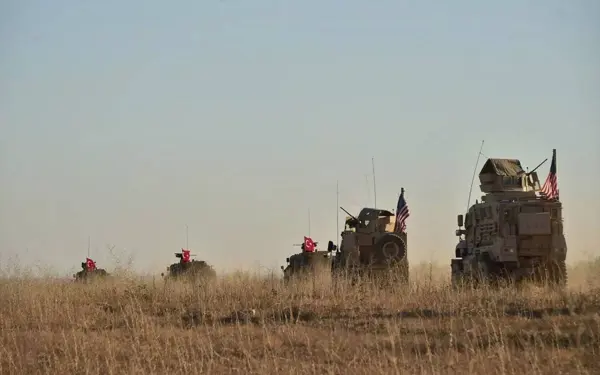
'Shamelessness'
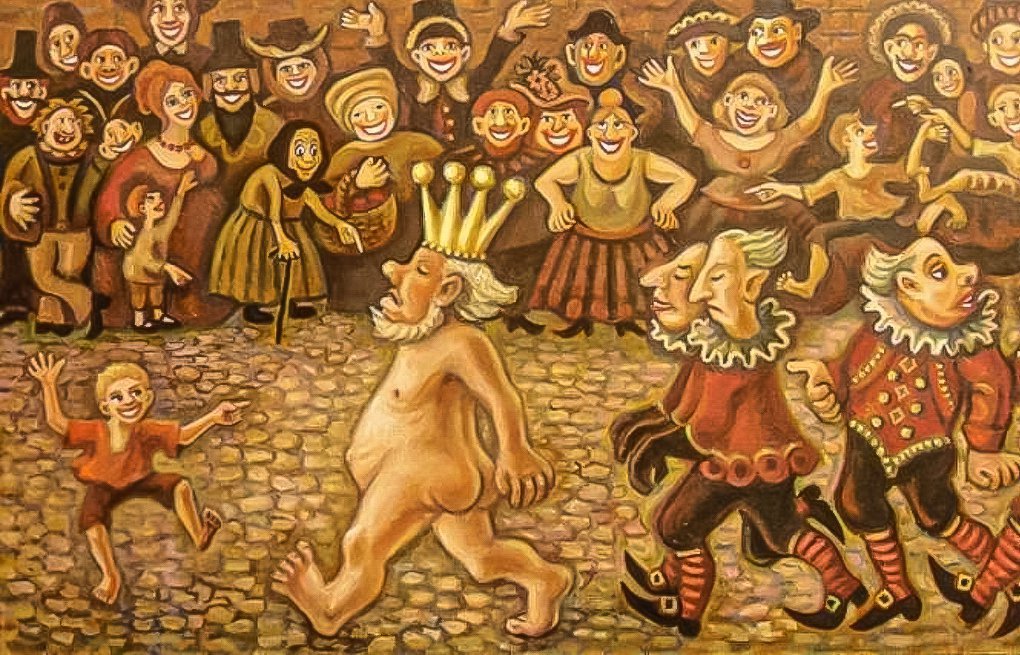
LEFT TIDE IN LATIN AMERICA-III
The new task: 'To contribute the reintegration process, to recover the lessons of the Cuban revolution'
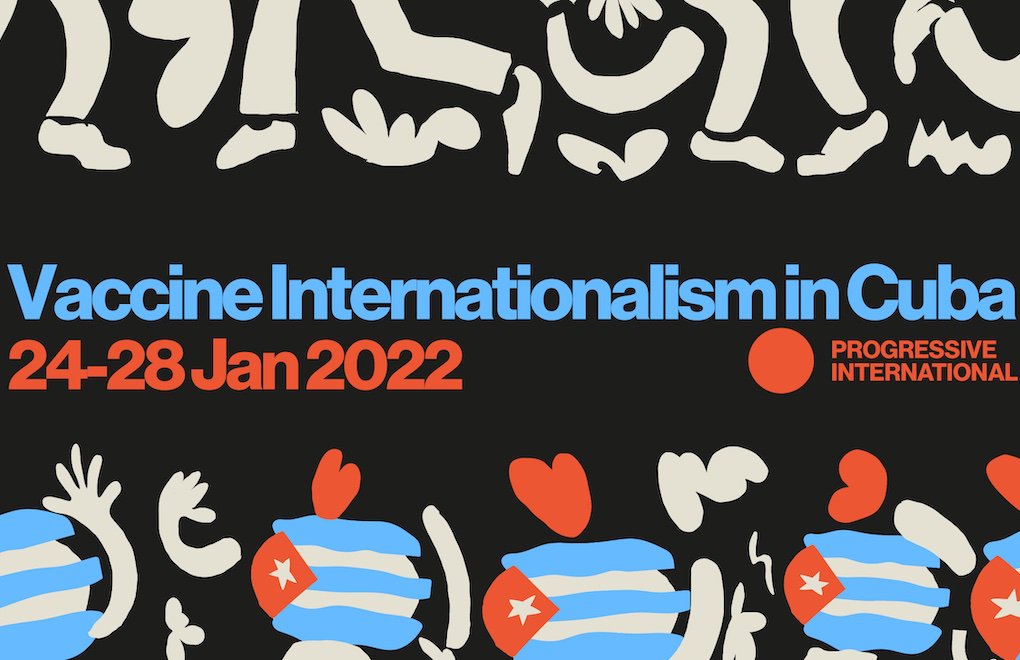
LEFT TIDE IN LATIN AMERICA-II
An International to accompany the continental rise of the Left
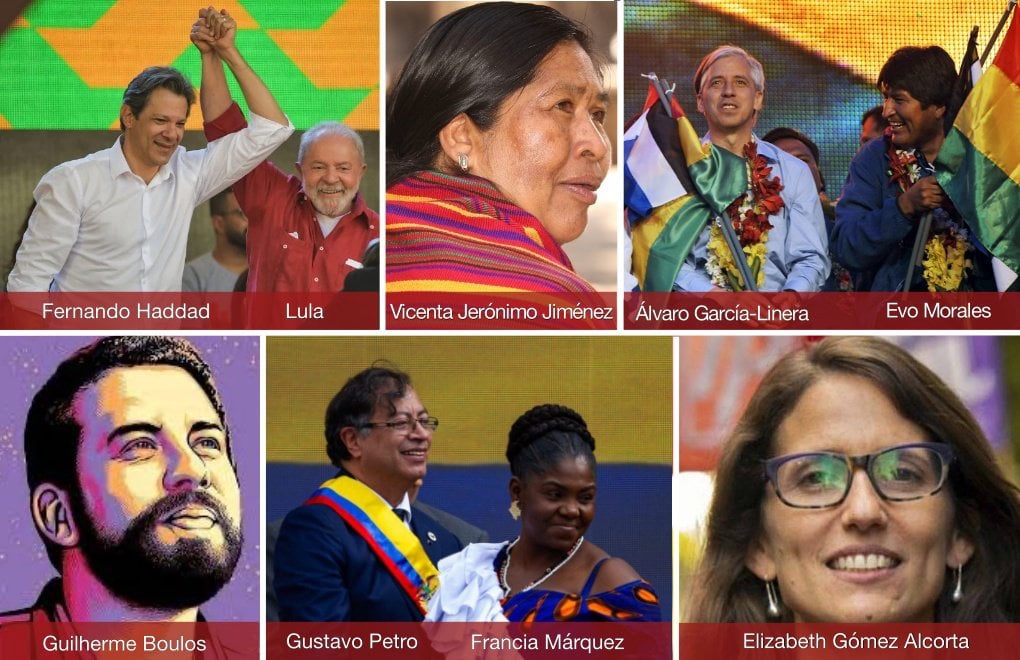
LEFT TIDE IN LATIN AMERİCA-I
David Adler: "A new vision that is feminist, ecologist, and pluralist"
